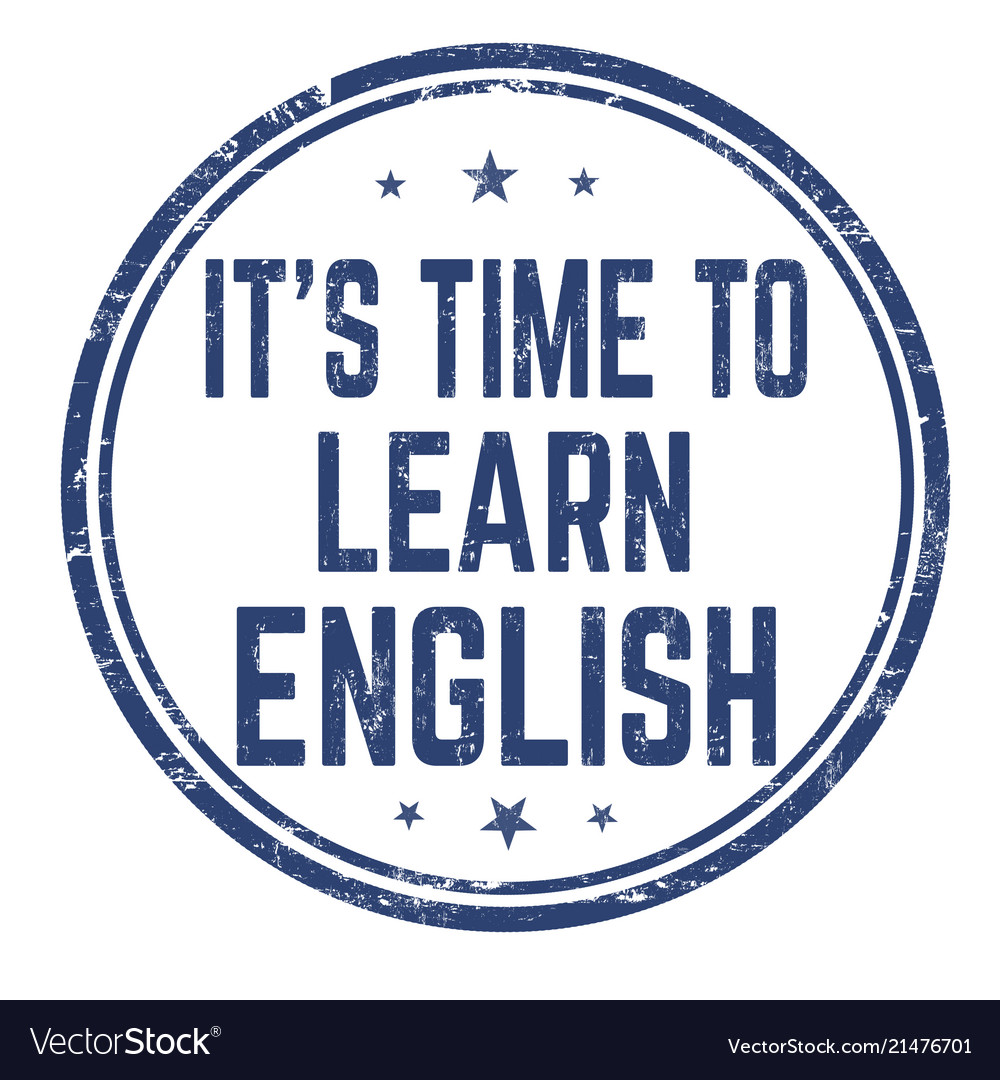Is it still necessary to use proper spelling in today’s society? Today, more than ever, when children use autocorrect on everything from electronic papers to emails to messages, this is especially true. To avoid mistakes like “Miss Steaks aye ken Knot Sea,” we can’t always rely on the computer to catch them, as Jerrold Zar demonstrates in his poem “An Ode to a Spellchecker.”
In fact, schools place a high importance on correct spelling, which is a well-known fact. In 2014, as part of the National Curriculum, all second graders needed to take a spelling test as part of the KS2 Grammar, Punctuation, and Spelling Assessment. Throughout elementary school, spelling is an important aspect of the writing assessment process for students. With many new words they must learn (such as to receive, solemn, and conscience), there are high expectations for children’s spelling at KS2. It can be difficult for them to meet these standards because of the frequent confusion between words such as complement and complement, or between stationery and stationary, among other things.
To help our children write well, we must first teach them how to spell their names and other words correctly. The inability to spell words can cause writers to lose sight of the message they are trying to communicate with their audience, leading to poor writing. In addition, children who are confident in their spelling abilities are more likely to branch out with their vocabulary, selecting the exact word they want to use to communicate their message rather than simply using the spelling of a term they are already familiar with.
Even though proper spelling training is a crucial aspect of creating a successful writing style, it is not the only thing we can do to assist our children in their academic endeavors.
For this reason, how can we help our students become confident and accurate spellers?
One possible answer is for the entire school to get together and work as a unit. Our understanding of the English spelling system is still developing, and becoming a proficient speller takes time and practice. The English language is remarkable in that it is constantly evolving and improving on its foundations. As a result of the language’s lengthy history of integrating words and concepts from all over the world, it is believed that there are more than a quarter-million specific English terms in use today. When archaic and out-of-date words are considered, a single word might have more than a million separate meanings derived from it. It may take some time to learn how to spell each word one at a time, but perseverance is required. Even though learning to spell can be challenging, there are a few concepts that can assist you:
- Phonics study sounds and the letters or groupings of letters that represent those sounds.
- A system of rules known as orthography is used to record the sounds of a spoken language on paper.
- Morphology is the study of the units of meaning that make up the words that humans use to communicate with one another.
- Etymology is the study of the history and origin of words and how they have changed over time.
Teachers should be given greater access to these principles to better incorporate them into their teachings and curricula.
What is the most appropriate place to begin?
Many of us are unable to begin a rigorous spelling education session due to our inability to determine where to begin. So, should you start memorizing the terms from the very beginning of a good dictionary, or should you wait until the end? No way, there isn’t a chance! The process would be time-consuming and not provide a long-term solution. The guideline that you must follow will help you improve your spelling in the long run. Your spelling training should be intuitive, for the simple reason that it is. Sites like www.spellquiz.com can help you for your spelling training.
Conclusion: You must examine your current talents and situation before embarking on any endeavor. Knowing as much as one can about oneself is usually beneficial. Allow spelling bee online to demonstrate a clever strategy that you can immediately put into action!

